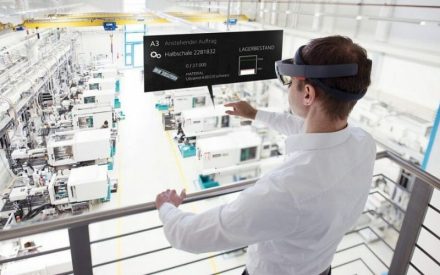The Rise of Industry 4.0
Industry 4.0 marks the fourth industrial revolution, blending digital technologies, artificial intelligence, and the Internet of Things (IoT). Automation lies at the heart of this transformation, offering unprecedented opportunities for increased productivity, cost savings, and innovation. However, as organizations transition towards greater automation, the dynamics of the workforce undergo significant changes.
The Evolution of Jobs
Upskilling and Reskilling Initiatives
To thrive in an automated landscape, both employers and employees must prioritize continuous learning and skill development. Upskilling and reskilling initiatives are integral in ensuring that the workforce remains adaptable and relevant. JRG Partners can play a pivotal role in connecting organizations with training programs and facilitating the career growth of individuals looking to enhance their skill sets.
Collaborative Robots (Cobots) and Human-Machine Collaboration
Contrary to the fear of job displacement, Industry 4.0 brings forth the concept of collaborative robots, or cobots. These machines work alongside humans, enhancing productivity and efficiency. Recruitment firms can actively engage in identifying and placing candidates who excel in human-machine collaboration, fostering a harmonious work environment that optimizes the strengths of both.
Addressing Workforce Concerns
In the age of rising automation, embracing automation is crucial. Addressing workforce concerns is paramount. Open communication and transparency alleviate fears and build trust. JRG Partners, with its expertise, serves as a bridge between companies and employees. It facilitates a smooth transition, ensuring both parties are well-informed and prepared for changes. Embracing automation is a collaborative effort, prioritizing progress and workforce well-being.
The Role of AI in Recruitment
Automation is not just transforming the nature of jobs but also revolutionizing the recruitment process. AI-powered tools can analyze resumes, identify suitable candidates, and even conduct initial interviews. JRG Partners can leverage these technologies to streamline the hiring process, allowing for a more efficient and data-driven approach to talent acquisition.
Two-Tiered Approach to Workforce Adaptation
A successful adaptation to Industry 4.0 requires a two-tiered approach. Firstly, organizations must invest in cutting-edge technologies and automation solutions. Secondly, they must invest in their workforce by providing the necessary training and support. JRG Partners can guide businesses in finding this delicate balance, ensuring that both technological infrastructure and human capital are developed concurrently.
